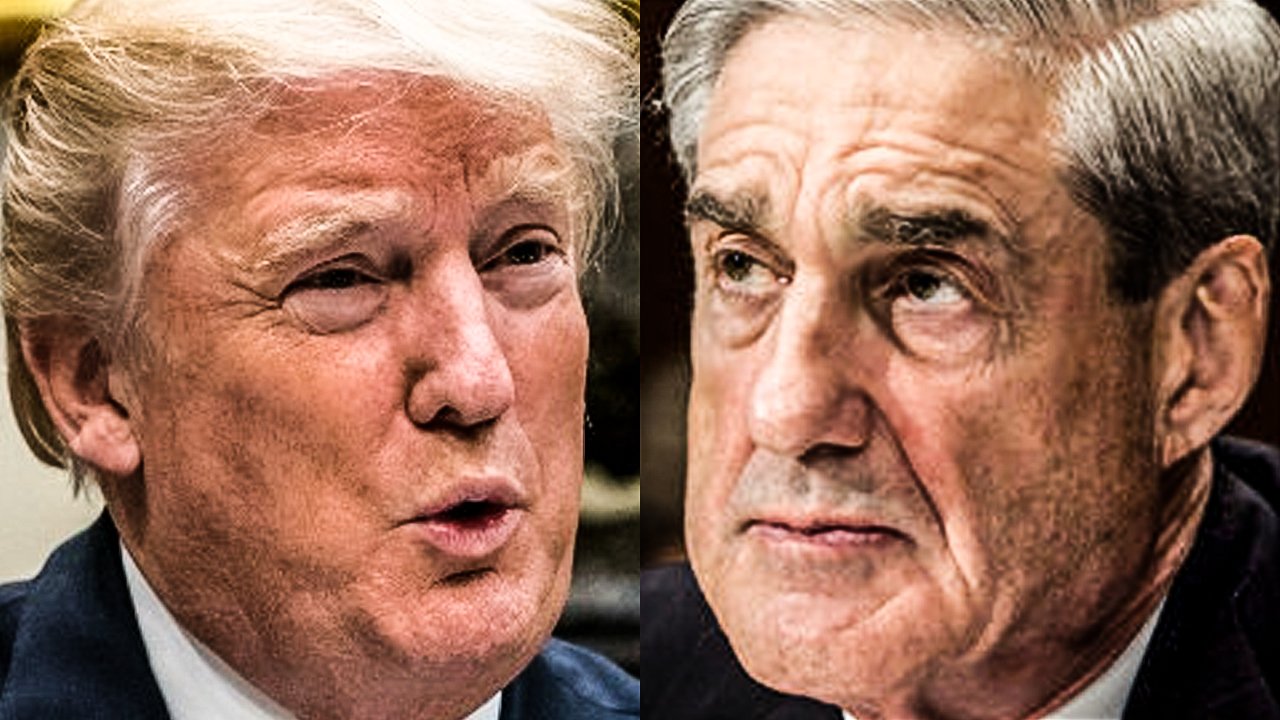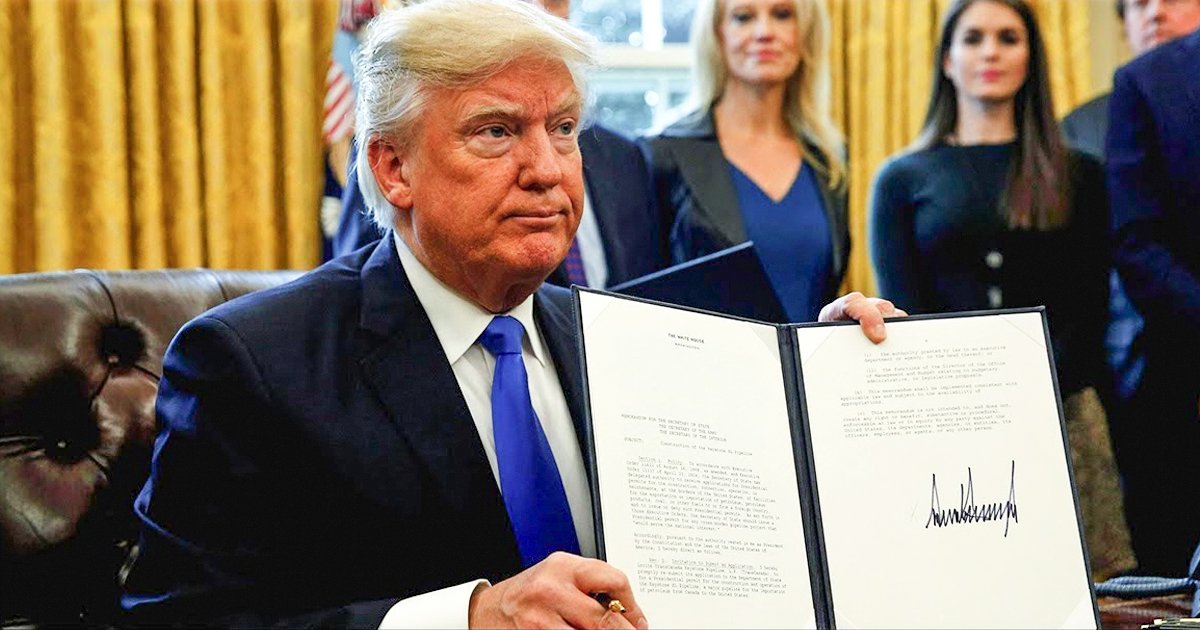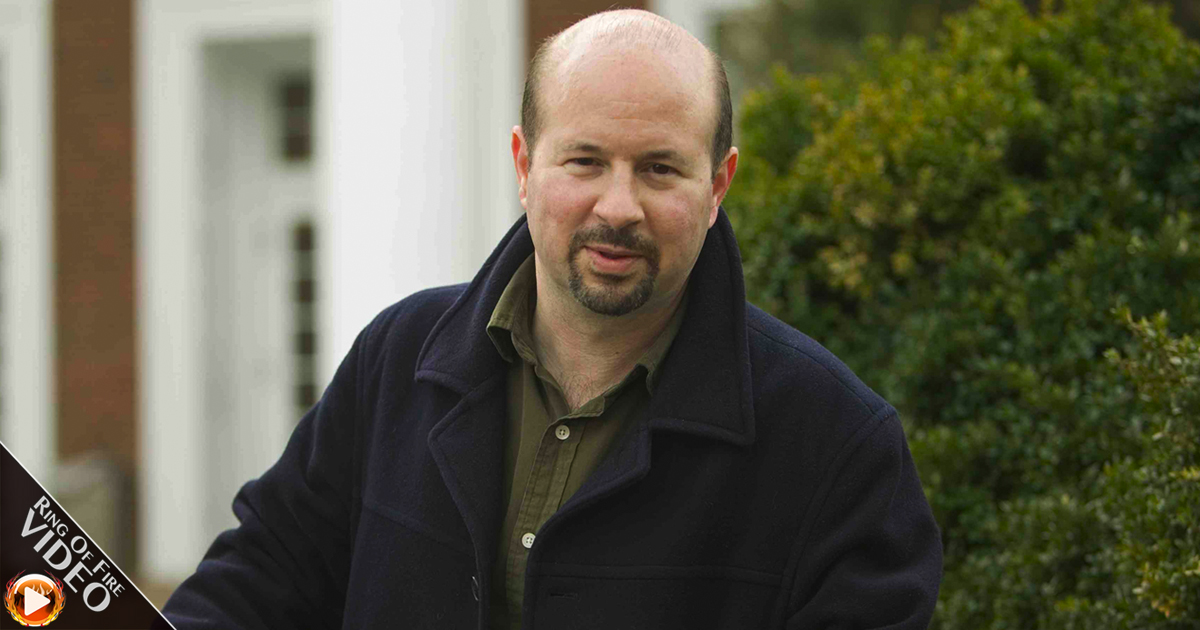Last week, Trump issued a pardon to former sheriff Joe Arpaio of Maricopa County, Arizona. 85-year-old Arpaio, who once styled himself as “America’s Toughest Sheriff,” is an unrepentant racist who, over the course of his career in law enforcement, has faced a plethora of criminal and civil charges, including abuse of power, misuse of funds, and election law violations. Last year, Arpaio was charged and held on three counts of criminal contempt. Eventually found guilty, he was jailed pending his sentencing hearing, which had been scheduled for October.
Trump’s action in this matter is widely viewed as an abuse of the presidential power to grant clemency – and many fear it is only the first occasion of many. As former U.S. Attorney and F.B.I. Director Robert Mueller continues to investigate links between the Russian government and the Trump campaign, there is speculation that Trump will be issuing pardons right and left as a way of undermining the investigation and shielding himself from possible prosecution.
Mueller is dealing with his ongoing investigation by going after Trump’s associates, pressuring them to turn on their former employer and leader – but unfortunately, Trump has the power to issue an unlimited number of pardons for any crimes they might have committed at his behalf. In theory, he could even pardon himself.
There is one catch to this strategy: while Trump could indeed pardon anyone for virtually any crime, he can do so only if those crimes violate federal law. According to former federal prosecutor Jennifer Rodgers, state governments can still prosecute alleged crimes that took place in their own jurisdiction. Case in point: Trump’s home state of New York. This past week, appearing on NBC News, Rodgers said, “You would have to find that one of those crimes occurred in New York.”
As it so happens, Mueller is now working with New York Attorney General Eric Schneiderman on this very issue. According to an article in Politico this past week, Schneiderman’s team has been leaning on members of Paul Manafort’ s family and their associates.
Trump’s former campaign chairman is currently under investigation in New York over his real estate deals and other financial transactions. So far, Schneiderman has gathered evidence on a number of financial crimes that include alleged money laundering. If Schneiderman files charges in New York for crimes allegedly committed within the boundaries of the Empire State, Trump will have no power to pardon anyone who may be involved.
The power of executive clemency was the one weapon Trump had to avoid prosecution and possible prison time. Now that his cronies are facing investigation at the state level, that weapon has been rendered useless – and Mueller is letting him know it.





